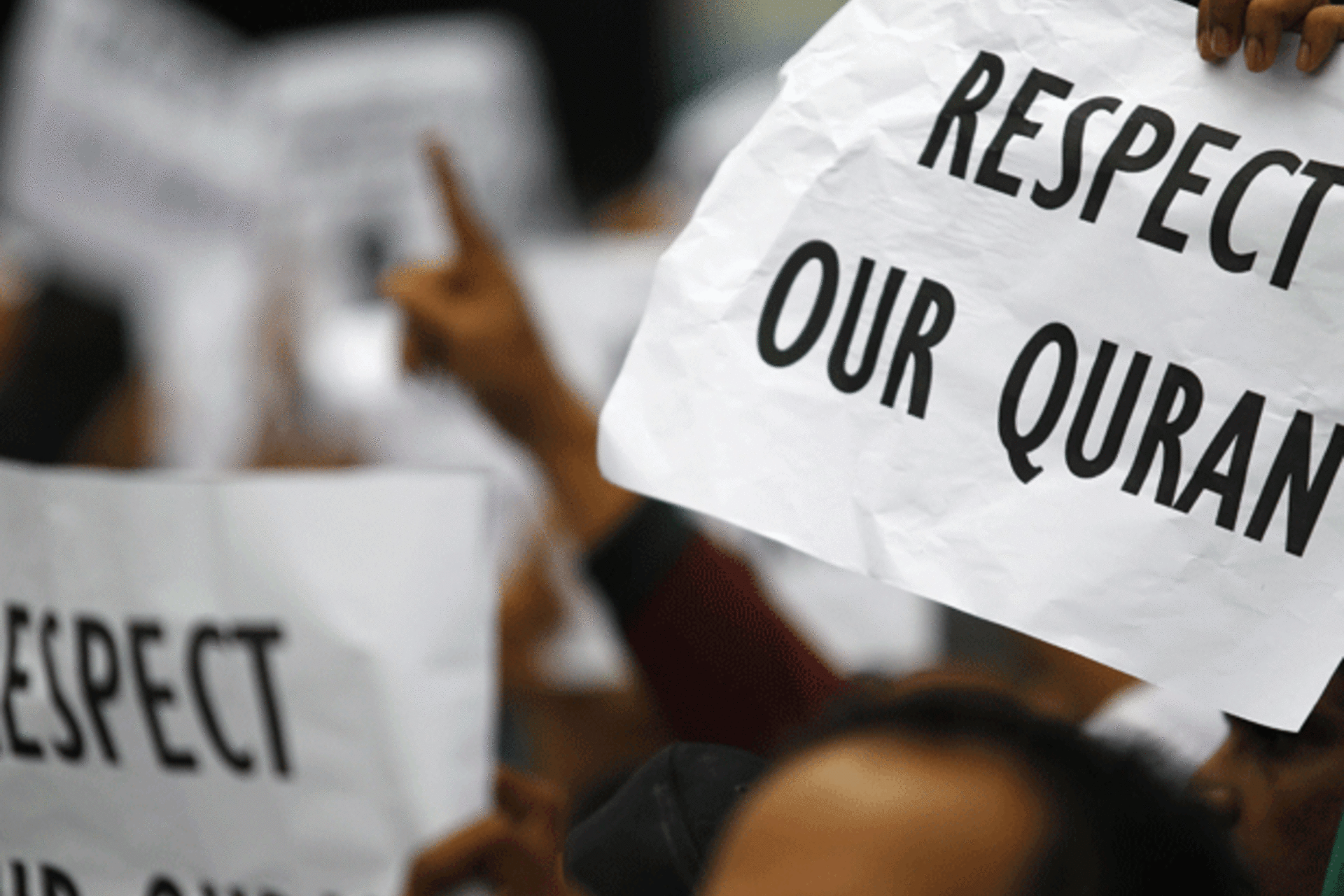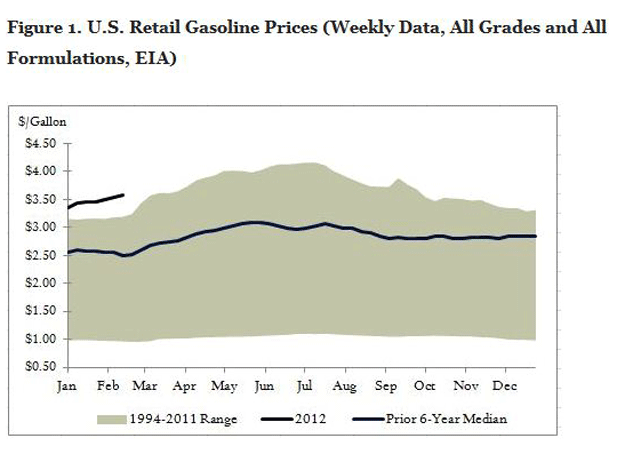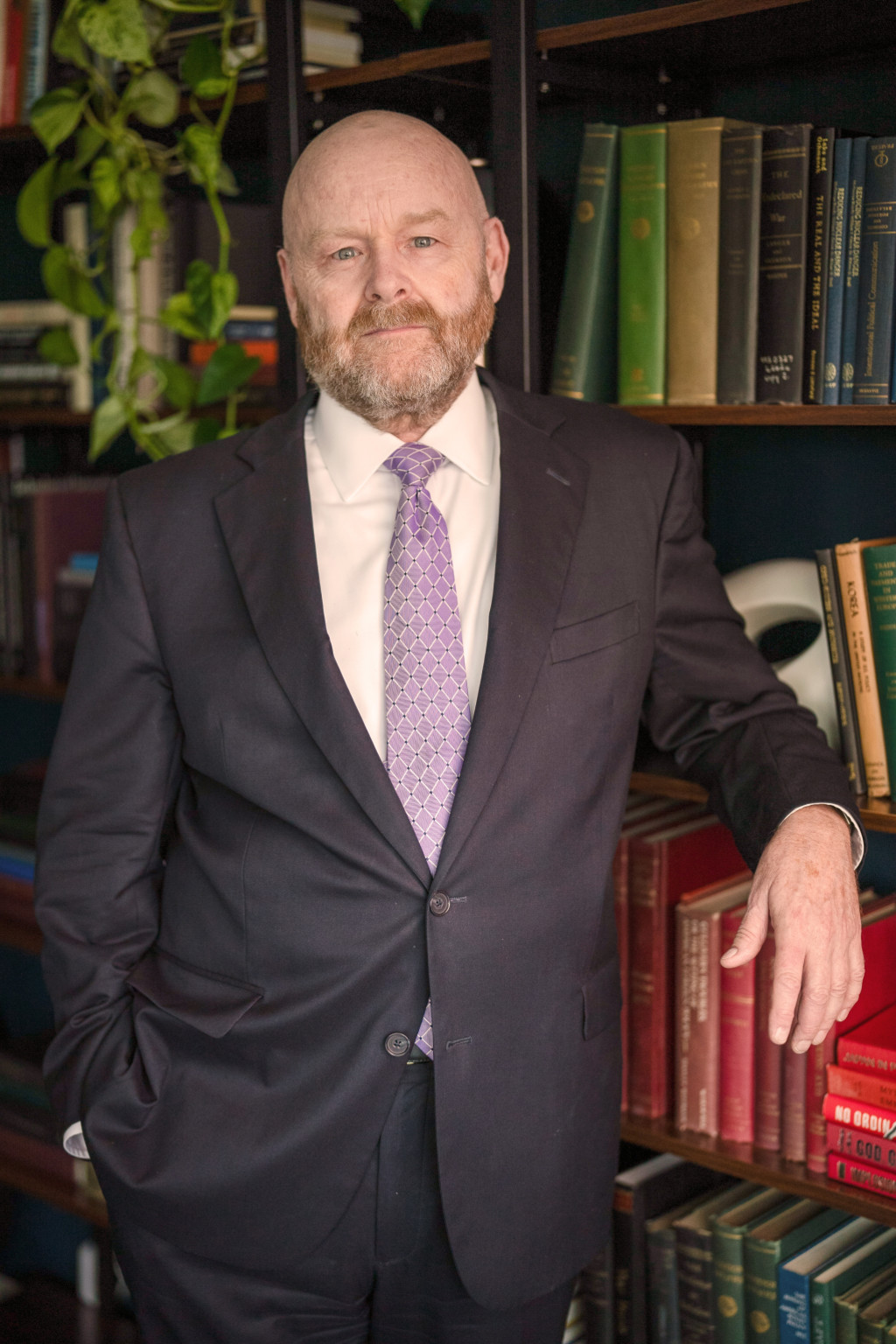Friday File: Quran Burning and the End of the Afghan War

By experts and staff
- Published
Experts
![]() By James M. LindsayMary and David Boies Distinguished Senior Fellow in U.S. Foreign Policy
By James M. LindsayMary and David Boies Distinguished Senior Fellow in U.S. Foreign Policy
Above the Fold. The protests that have erupted across Afghanistan this week in the wake of the news that coalition forces burned several Qurans have laid bare the gulf that continues to exist, and may even be widening, between many Afghans and the U.S. troops there to protect them. Allegations that Iranian and Pakistani agents have helped fan the flames of Afghan anger probably have merit, though the Taliban’s initial response to the Quran burnings was surprisingly muted. But when Afghan parliamentarians urge their countrymen “to wage jihad against Americans” and NATO-trained Afghan police tell reporters “we should burn those foreigners,” Washington is almost certainly confronting a genuine rather than an artificial sentiment. And that sentiment looks pretty straight forward: Afghans want Americans to go home.
Most Americans would be happy to oblige them. Efforts by Republican presidential candidates not named Ron Paul to build support among the American public for continuing the Obama surge in Afghanistan have won few converts. Only one in seven Americans looks favorably on Afghanistan, and a solid majority of Americans opposes keeping U.S. troops in Afghanistan until the situation stabilizes. Indeed, most Americans probably would applaud if President Obama followed Sen. George Aiken’s advice to LBJ during the Vietnam War to declare victory and bring the boys home.
President Obama isn’t likely to take that advice, or at least not implement it at the speed that Aiken’s words suggest. It’s not just that Washington never finds it easy to accept unpleasant truths (it does), or that government officials have the all-too-human tendency to hope that if they hold on just a bit longer that the breaks will turn their way (they do). It’s the recognition that what has been accomplished in Afghanistan over the last decade at a great cost in terms of blood and treasure could easily be swept away after U.S. troops depart. No one looks forward to that potential ugliness, hence the search for ways to avoid it. But the U.S. presence in Afghanistan is going to end, and that will likely be sooner rather than later if the Koran protests escalate. And what follows will not likely give us reason to cheer.
CFR Event of the Week. The United States is not the only great power having a presidential election this year. Russia is too. While our election won’t take place for another eight months, Russia’s is just a few weeks away. The early betting money had former Russian president Vladimir Putin winning in a landslide. But growing protests in Russia have made things far more interesting. So CFR’s educator’s program asked CFR senior fellow Stephen Sestanovich, who once served as U.S. ambassador-at-large for the former Soviet Union, to get on the phone with professors around the country to discuss the upcoming election, its projected outcome, and the significance of the political changes we are watching in Russia. If you missed the call, you can listen into the audio now.
Read of the Week. The Economist notes that “the air is thick with the prophecy of war” with Iran and asks an obvious question: what would a preventive military strike on Iran’s nuclear facilities accomplish? It concludes that the odds of an attack “ending the country’s nuclear ambitions are low.” That seems to be the consensus of most military experts, including those who favor a military strike. Which raises a second question: is there any chance at all for proposals like the one that Richard Haass and Michael Levi floated this week for a negotiated settlement that would allow Iran to continue with a constrained and heavily monitored nuclear program? That chance depends, of course, on whether Tehran would say “yes” and whether Washington could take “yes” for an answer. The odds on getting those two “yes-es” are probably pretty low as well.
Blog Post of the Week. Beware the patriotic geek. That’s at least the message from Adam Segal in his latest post on “Asia Unbound.” In what may be one of the more unusual examples of government outsourcing, there is increasing talk in Asia of creating private “cyber militias” to help advance and defend a country’s national interest. Why? Because the best computer talent lies outside of government. China has led the way with its “patriotic hackers,” and of course, imitation is the sincerest form of flattery. As Adam points out, however, cyber militias may be easier to encourage than to control.
Poll Question of the Week. After a couple of dour years, Americans look to be cheering up. According to the latest Pew poll, 44 percent of Americans say they expect economic conditions to be better a year from now. That might seem like a low number, but it’s up sixteen points from December. Democrats (61 percent) are the most optimistic, independents (42 percent) are in the middle of the road, and Republicans (30 percent) are the least optimistic. President Obama must be encouraged by this trend, while his potential Republican opponents no doubt see it as making their task more difficult. One obvious development that could snuff out growing optimism is rising gasoline prices. Nobody wants to pay $5 a gallon for gas.
Chart of the Week. Speaking of gas prices, my colleague Blake Clayton saved me the trouble of generating a chart this week. Blake’s specialty is the oil business, and he can confirm what you already suspected: average retail gas prices in the United States are higher right now than they ever have been at this time of year. Does that mean that we are headed for $6 a gallon gas in time for my July 4th road trip across America? Blake says to relax. After all, media buzz about potentially outrageous summertime gas prices is something we have heard before. So what would it take for us to see $6 a gallon gas this summer? Blake says “a pretty serious disruption to the global oil market,” say, from “further supply losses in the Middle East.” Now here is a question I would love to see pollsters ask: would you favor the United States bombing Iran’s nuclear facilities even if that meant you would have to pay more than $6 a gallon to fill up your Ford Explorer? Projected benefits should always be measured against projected costs.
 Too Good Not to Note. John Campbell analyzes a speech by former South African president Thabo Mbeki on sovereignty and democracy that reminds us that others often don’t see us as we see ourselves. Shannon O’Neil notes that the Mexican economy is thriving even amidst growing drug-related violence. Micah Zenko says that the United States is more secure than policymakers think. Terra Lawson-Remer asks whether the G20 still matters. Spencer Ackerman argues that Iran is years away from building an ICBM. James Traub thinks that John Adams offers a good example for what Barack Obama should do about Iran. The nonpartisan Committee for a Responsible Federal Budget reviews the tax and spending proposals of the four remaining GOP candidates and concludes that under most circumstances they are likely to add to the federal government red ink. Winston Wheeler argues that the “real defense budget” is close to $1 trillion a year. John Cassidy remembers Marie Colvin, the reporter for the Times of London who was killed in Syria this week. Nate Silver examines the Romney campaign’s money problems and the shift in campaign contributions away from campaigns and toward super PACs. Jonathan Lehrer concludes that group brainstorming lessons inhibit creativity rather than encourage it.
Too Good Not to Note. John Campbell analyzes a speech by former South African president Thabo Mbeki on sovereignty and democracy that reminds us that others often don’t see us as we see ourselves. Shannon O’Neil notes that the Mexican economy is thriving even amidst growing drug-related violence. Micah Zenko says that the United States is more secure than policymakers think. Terra Lawson-Remer asks whether the G20 still matters. Spencer Ackerman argues that Iran is years away from building an ICBM. James Traub thinks that John Adams offers a good example for what Barack Obama should do about Iran. The nonpartisan Committee for a Responsible Federal Budget reviews the tax and spending proposals of the four remaining GOP candidates and concludes that under most circumstances they are likely to add to the federal government red ink. Winston Wheeler argues that the “real defense budget” is close to $1 trillion a year. John Cassidy remembers Marie Colvin, the reporter for the Times of London who was killed in Syria this week. Nate Silver examines the Romney campaign’s money problems and the shift in campaign contributions away from campaigns and toward super PACs. Jonathan Lehrer concludes that group brainstorming lessons inhibit creativity rather than encourage it.
Perils of Prediction. “In my view, the three main contenders for the [GOP presidential] nomination are, in order, 1) Tim Pawlenty, 2) A party establishment-friendly Republican not currently running, such as Mitch Daniels or Paul Ryan, and 3) Bachmann. Everybody else, including Sick Man of the GOP Field Mitt Romney, falls into the long shot bin.” Jonathan Chait, “The Bachmann Opportunity,” May 16, 2011. The fact that Pawlenty and Bachmann are long gone and Daniels and Ryan never got into the race suggests that one of the long shots is going to win. All of which goes to show you that someone with University of Michigan degree can still get it wrong once in a while.
Quote to Ponder. “I respect faith, but doubt is what gives you an education.” Wilson Mizner.
A Reason to Smile. Uggie, the true star of The Artist, even if the Academy of Motion Picture Arts and Sciences did not choose to honor him with an Oscar nomination. Uggie did, however, win the first “Golden Collar Award” from Dognewsdaily.com for Best Dog in a Theatrical Film.
